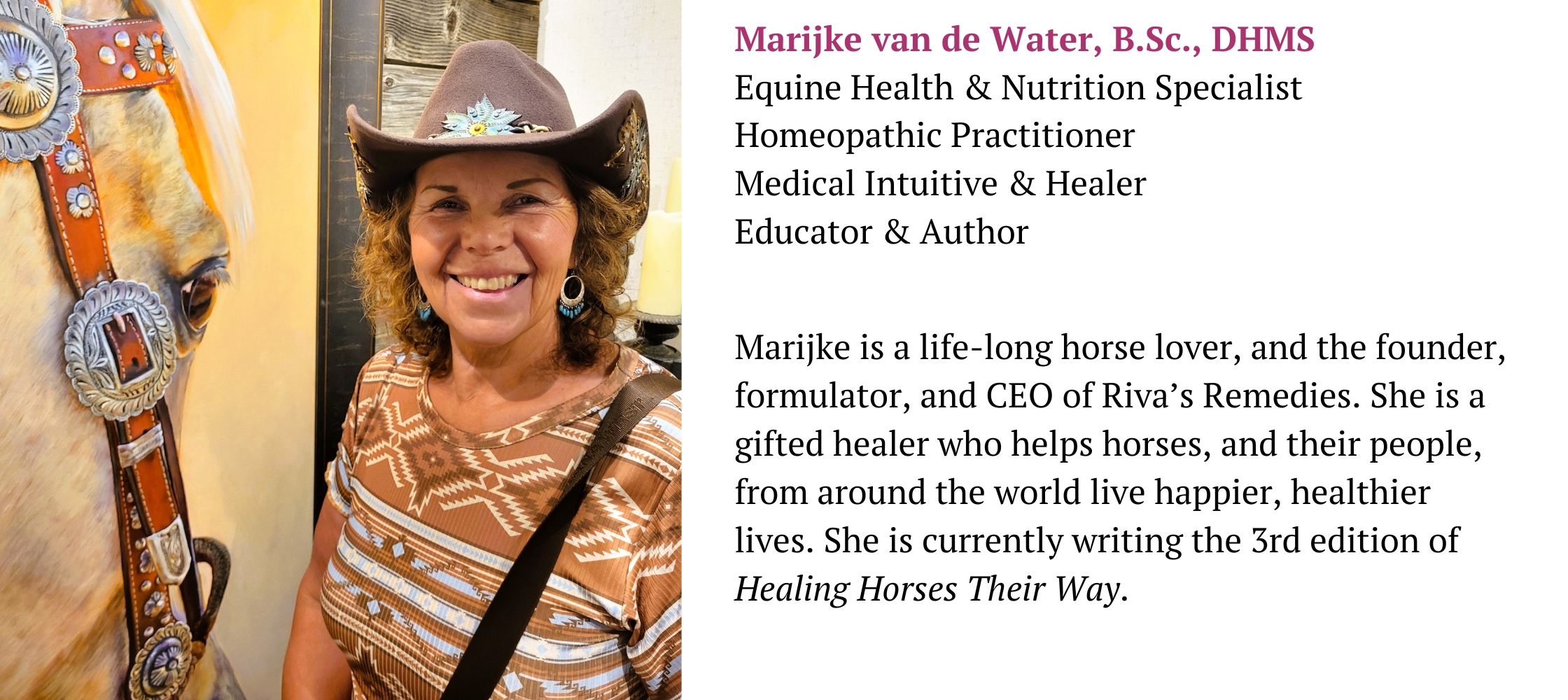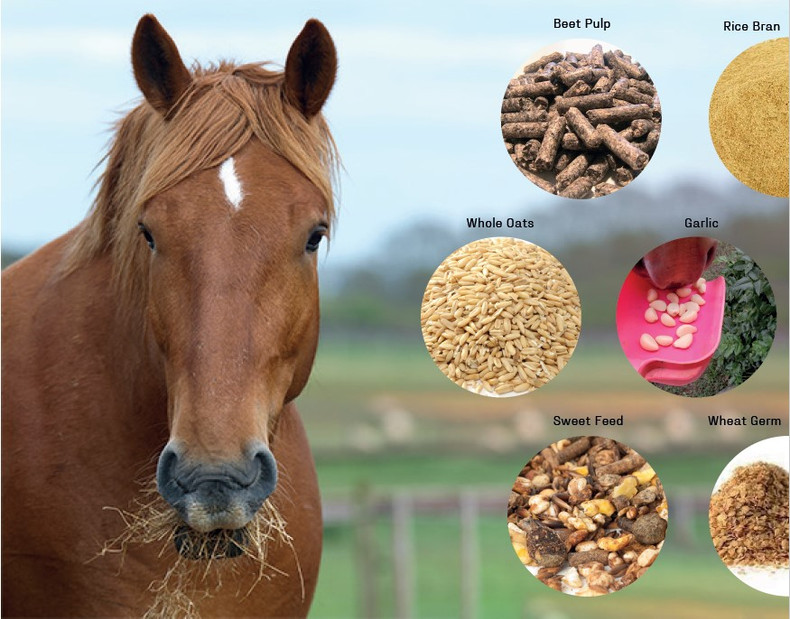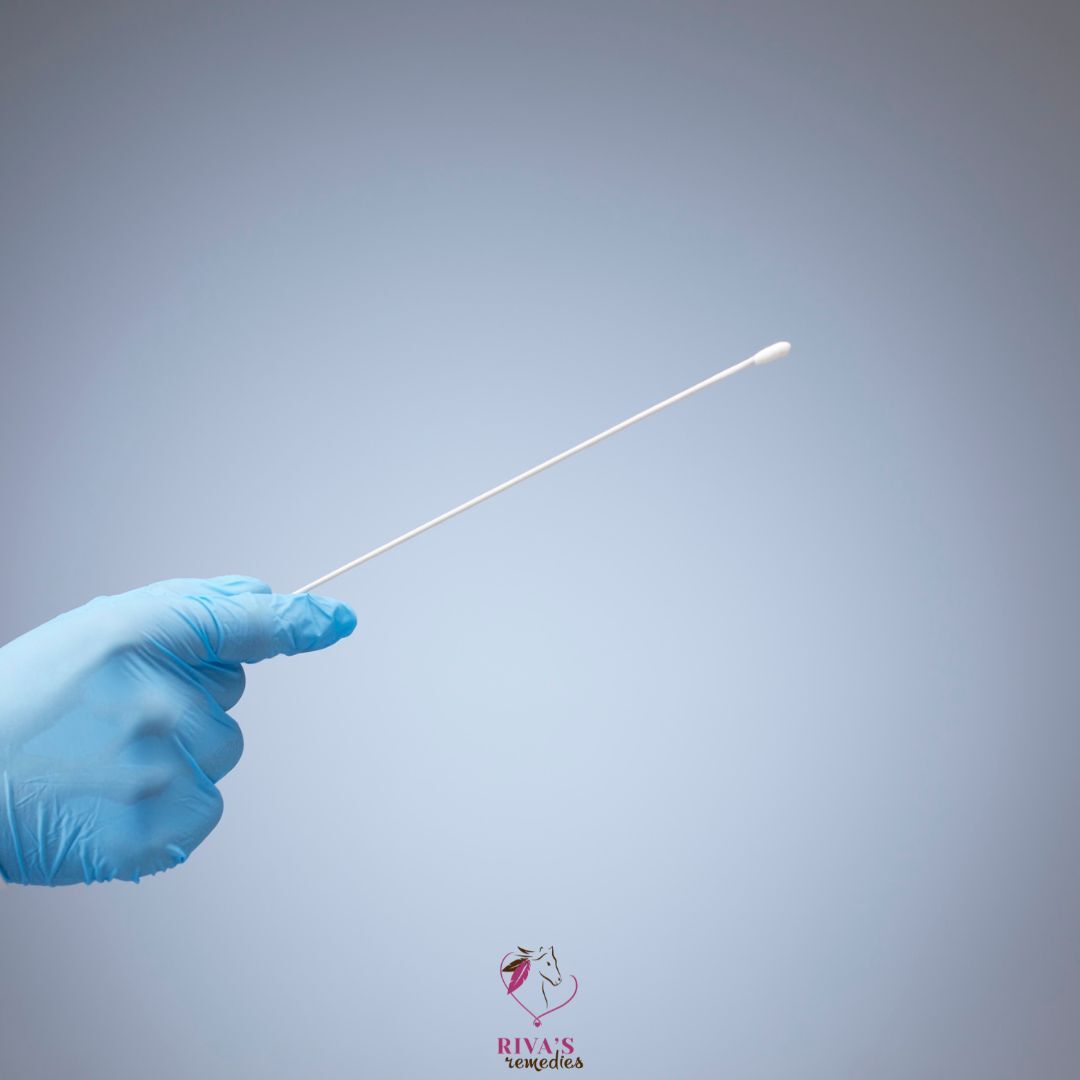~ Take The Guesswork Out of Your Horse’s Feed Program ~
Our domestic horses are getting more sensitive to food than ever. Many of them are experiencing an epidemic of food problems, feed reactions, immune system breakdowns, and metabolic problems which affect their immune system.
You would think that it would be simple to feed a horse. But a lot of different feeds have entered the market over the years – some good, some not so good. And not only that, but the crops have changed, and there are many different kinds of hay, grains, and legumes, all of which are grown and harvested differently than previous years. The soil is over-fertilized, fertilizers often contain toxic heavy metals, GMO crops are common, and the use of glyphosates is rampant. So, the forage and the feed is just not what it used to be. And our horses are suffering the consequences.
Horses of all breeds and all ages everywhere are showing adverse signs of this changing feed industry. And while horses are tremendously adaptable and resilient, all of these unnatural practices have taken their toll. But we can help make them stronger.
To optimize their health and immunity we need to customize the feed program by eliminating the foods that they don’t tolerate and also keep the unhealthy ingredients to a minimum. Instead, they need food that doesn’t cause a stress reaction but provides them with healthy nutrients to support the immune system and optimizes their physical, emotional, and mental health.
What Are Food Allergies?
The word allergy is derived from two Greek words: allos (different/strange) and ergon (activity). No doubt about it, food allergies are strange indeed. And destructive, if not addressed.
An allergic reaction is an adverse immune response to a food protein (known as the antigen), whereby the offending food invokes the release of antibodies to destroy it or to neutralize its damaging effects. This causes a discharge of excess histamines and chemicals which cause inflammation and/or pain that can affect virtually any part of the body including tissues, organs, and bone. So, depending on the horse all and any symptoms are possible.
Symptoms from food reactions can cause horses much distress. Symptoms include acute itching, hives, rashes, swellings, shortness of breath, respiratory problems, inflamed joints and muscles, bloating, constipation, colic, and diarrhea. If the offending food is not removed the condition will continue indefinitely. And no supplements of any kind will overcome these food reactions; the only solution is to remove the feed problem.
These type of reactions can be acute or chronic and are caused by a either a toxic hindgut or a damaged immune system most often a result of unhealthy feed, sugar, grain, additives, medications, antibiotics, vaccines, dewormers, injections, and toxins. They have a lot to contend with!
(Note that even though the general population refers to all food sensitivities and reactions as “allergies”, true food allergies in horses, like most animals, are rare. If they do occur, they generally cause more severe symptoms with hives, swelling of the face or throat, difficulties with breathing, colic, and anaphylaxis. These type of reactions occur within one to two minutes of ingesting the food antigen.)
What Are Food Intolerances?
Food intolerances are not the same as food sensitivities/allergies and are far more common. Food intolerances describe the body’s inability to absorb, digest, and assimilate the food. Food sensitivities (allergies) indicate a faulty immune system, whereas food intolerances indicate a problem with the food as is often the case with commercial feeds. Commercial feed, grains, and balancers have a lot of different ingredients, and many of them are unhealthy and poorly tolerated. Wheat byproducts, poor quality oils, GMO oils and grains, binders, artificial flavours, molasses, inorganic minerals, and preservatives including sulfites are common ingredients.
Symptoms of food intolerances usually become chronic resulting in fatigue, major skin issues, reoccurring infections, immune issues, kidney and liver toxicity, inflammation, diarrhea, ulcers, digestive issues, vision problems, weight gain or loss, depression, and nervousness. And often horses are experiencing symptoms that we don’t know about because they can’t tell us what they are feeling on the inside.
Food intolerances are often hidden and can be very difficult to detect. That’s because the reactions might not occur right away and when they do, they can last anywhere from an hour to several days or indefinitely because the toxic effects are accumulative. And a lot of times we just don’t suspect the feed! And so, when all their vet lab tests come back normal, we conclude that their symptoms are idiopathic (no known cause).
Therefore, the best step is to test their food allergies, reactions, and sensitivities. Otherwise, the relationship between what they eat, and their poor health continues to be a guessing game.
Testing for Food Allergies, Sensitivities, and Intolerances
With a simple saliva test, we can test over 125 allergens including food, grains, environmental sensitivities, insect bites, and some supplements. Obtaining the saliva sample from your horse is easy and done with a soft cotton swab placed on the inside of their mouth, usually the cheek or under the tongue, wherever your horse is comfortable. The sample is then analyzed in the laboratory using the ELISA method of testing. The ELISA method is the gold standard of immunosorbent assays and is a highly sensitive test which accurately identifies food allergies, sensitivities, and intolerances.
Once any problem foods are eliminated and the environmental issues are addressed the impact can be profound. Symptoms and long-term inflammatory responses you thought would never resolve soon disappear. Horses will experience more energy and vitality, a stronger immune system, reduced inflammation, a healthier skin and coat, calmer behaviour, and improved well-being.
Next Steps
Once you receive your lab results with our comments and guidelines, you will want to eliminate every food on the test where your horse is showing a food-specific IgG antibody. This way your horse’s new feed program will be “immune-safe”.
This is also an excellent time to cleanse and detoxify the colon, liver, and kidneys which are the primary elimination organs. A good detox will help them maintain a healthy digestive system, good gut health, and a strong immune system including intestinal immunity. It will also prevent more food sensitivities from developing in the future.



